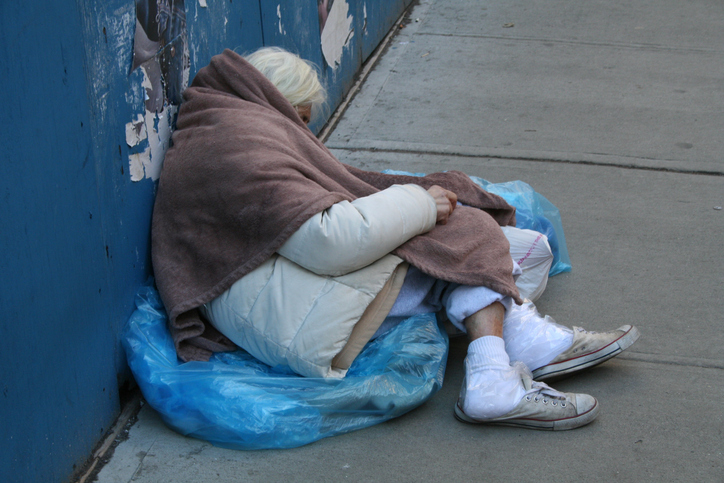People who struggle with addiction come from all walks of life; from skilled professions like chemistry and law to careers like retail and food service, thousands understand what it’s like to struggle with addiction. Even when a person is otherwise completely well adjusted, addiction can pose an unexpected major challenge. However, when drug use is factored in with mental disorders, people struggling with drug use are much more likely to face homelessness. In our society, there are many reasons why a person’s struggle with addiction combined with mental illness may create a situation that’s likely to lead to issues with housing. The connections between mental disorders, drug use, and homelessness are frightening; if a person finds themselves facing such a situation, it’s a great idea to contact a treatment center like St. Gregory today.
Addiction & Mental Illness
While most drug users face the possibility that their use will slip into dependence and addiction, this risk is even higher for people suffering from conditions like depression or anxiety. Many people turn to drugs as a way to “self medicate” when they’re not able to receive the proper mental health support from their community services. For example, many people may drink alcohol to combat depression; drinking alcohol creates a surge of serotonin in the brain, which is associated with feelings of confidence and happiness. However, in large amounts alcohol creates a positive feedback loop, where more alcohol is needed to get the same “buzz”. Additionally, while alcohol acts as an antidepressant in the short term, in the long term it actually increases feelings of depression, encouraging more frequent drinking. In this way, depression and substance abuse feed off of each other to encourage a vicious cycle.
Different mental disorders may encourage different types of substance use. For instance, someone with a very short attention span and feelings of depression may turn to stimulants like meth or cocaine. People with strong feelings of anxiety or conditions that cause it may turn towards marijuana. While each person’s case is unique, it’s relatively common for people struggling with mental disorders to try and self medicate with both legal and illicit drugs.
Self-medication & homelessness
Mental instability by itself can lead to reduced employment, or even loss of a job. Combined with the cost of purchasing drugs, this can quickly drain anyone’s bank account. Homelessness may soon follow, which makes seeking help through a detox center like St. Gregory Recovery Center absolutely vital. When a person is struggling with addiction, other aspects of life like food and shelter may take a backseat to getting the next “fix”. When struggling with mental issues is involved, maintaining financial security quickly becomes a difficult proposition. It may also lead to conflicts with loved ones and roommates, putting any social safety net a person has at risk.
Benefits of a Good Detox Program
One of the reasons it’s so vital to get into an effective detox program like St. Gregory is that trained professionals can help people struggling with addiction confront their issues before they end up losing their home. Landlords and banks aren’t likely to work with people who visibly have problems, and once a person loses their job, having drugs in their system can make it difficult to find a new one. Some drugs, like marijuana, may take up to three months to fully leave the body. This means people struggling with addiction can’t just settle to stay clean for a few days at a time. However, with mental disorders that reinforce addiction, keeping clean might sound like a terrifying thought. Going through a drug rehab program with specific therapies like cognitive behavioral therapy can keep people clean, giving them the confidence and ability to gain a job and keep it.
Another benefit of going through a detox program for people with mental disorders is that they can receive help for their mental disorders too, enabling them to deal with their struggles in a way that doesn’t involve addictive drugs. Group therapy, spiritual guidance, and individual counseling may all help to address the issues underlying why a person fell into addiction in the first place. Additionally, being in a safe place removed from drug use settings helps people to avoid triggers that may cause a relapse. Avoiding relapsing into addiction by dealing with mental illness head on helps people to keep a roof over their heads.
For those dealing with mental illness and drug use problems, it’s important to understand that not dealing with these issues may lead to homelessness. Fortunately, detox centers like St. Gregory Recovery Center provide a beacon of hope for those who may feel hopeless. People struggling with addiction no longer need to fear; contacting St. Gregory’s program today represents the start of a brighter tomorrow.







